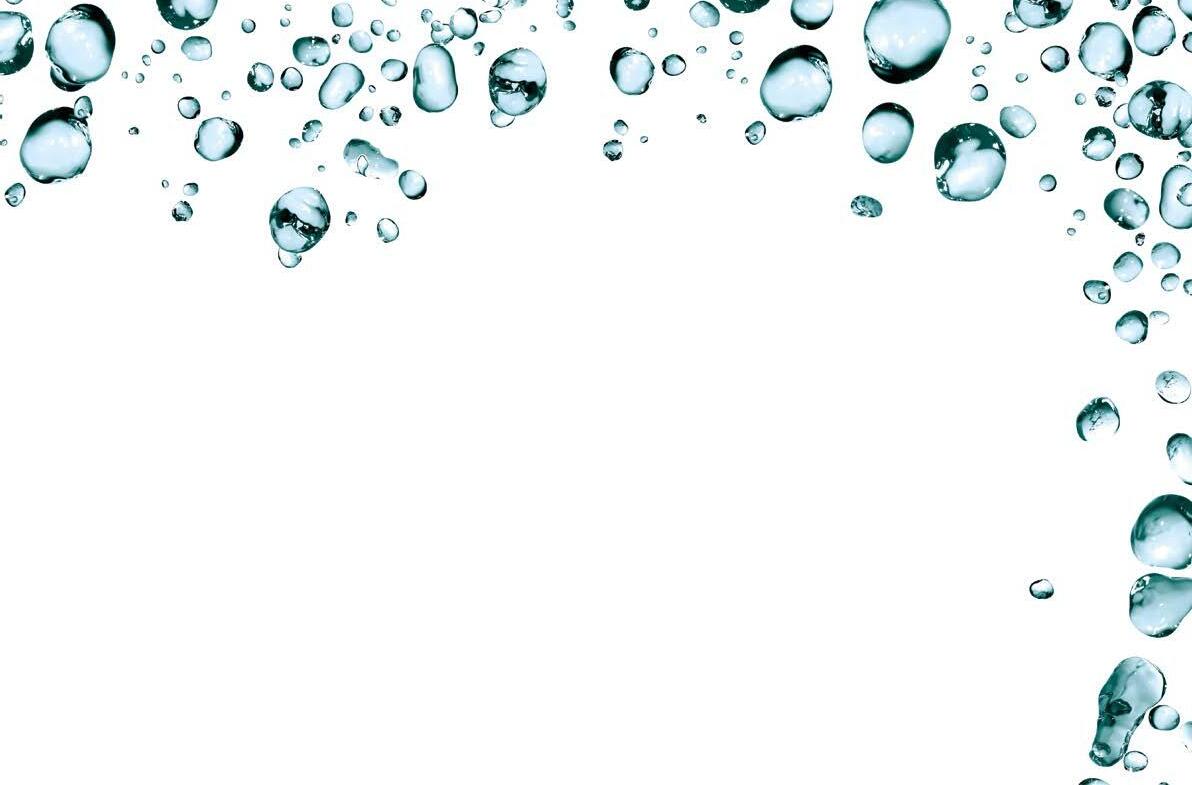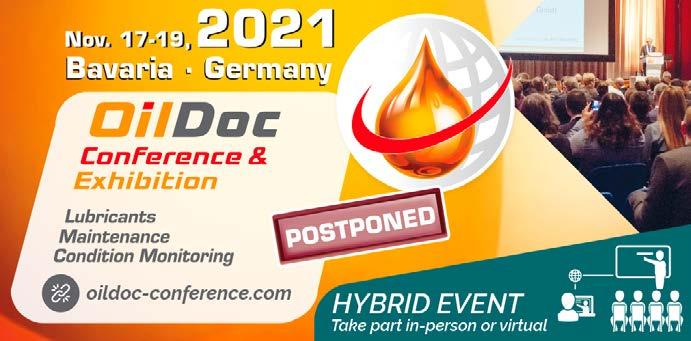
3 minute read
Further expansion of OELCHECK laboratory

and national safety regulations for seagoing vessels. Employees are expertly trained and the procedures on board and on land are perfectly organized. The maintenance condition of the company’s modern ships is state ofthe art. Inspection and maintenance measures are continuously carried out.

Less sulphur, particulate matter and soot
The shipping company only uses marine diesel (MDO) with a sulphur content of less than 0.1 % for the „Skane Jet“. This marine diesel is similar to conventional diesel fuel, but has a higher viscosity and density. It corresponds to the sulphur emission limit value required for operation in EU ports and ECAs (Emission Control Areas). In addition, the marine diesel releases significantly less particulate matter and soot during its combustion process than ship fuels with high proportions of heavy oil and sulphur.
Perfect maintenance –oil analyses included
The safety of passengers and crew is of utmost importance at FRS Baltic GmbH. All safety measures comply with the requirements of the international
The "Skane Jet" winter break is used to carry out comprehensive maintenance. OELCHECK lubricant analyses are an indispensable component of this. The oils in the engines and their connected transmissions are examined. Not to mention the fluids from the hydraulic systems, which ensure the position of the water outlet jets as well as the capstans, the ship's mooring winches.
The four Ruston four-stroke diesel engines are each filled with approx. 1,200 of SAE 40 engine oil, which has proven its worth in highspeed marine engines. It is particularly thermally and oxidatively stable and protects against wear, corrosion and deposits. It also has excellent water separation characteristics. When analyzing the oils, OELCHECK examines the oil condition, checks for signs of wear, possible impurities and the condition of the
The winter break provides an opportunity for comprehensive maintenance of the "Skane Jet" in the town harbour of Sassnitz. However, checks and maintenance work are also carried out continuously throughout the season. The crew monitors all systems and checks compliance with all operating parameters. Lubricant samples from engines, gears and hydraulics are examined every three months by OELCHECK.
Like FRS Baltic GmbH, many shipping companies and operators of port facilities use OELCHECK lubricant analyses. Ships used to construct offshore wind turbines, the Arctic research ship Polarstern or the container terminals in the ports of Hamburg and Rotterdam also have one thing in common: The lubricants in their systems are monitored by OELCHECK lubricant analyses.
FRS – Ferry connections worldwide
FRS Baltic GmbH is a company of FRS GmbH & Co. KG, which looks back on over 150 years of marine history. FRS has evolved from a regional passenger shipping company into an internationally active group of companies and is now one of Europe's leading specialist ferry operators. FRS operates 72 ships and has more than 2,000 employees worldwide. The shipping company has headquarters in Flensburg and operates numerous national and international ferry and catamaran connections, transporting around 7.9 million passengers and 2.1 million vehicles per year. FRS is also active in the areas of offshore logistics, port management, crewing and maritime management consulting.
For further information, visit: www.frs.world
Although the pandemic had caused delays, the new OELCHECK building at Kerschelweg 18 has long been a hive of activity. At approximately 2,000 m², it is the largest of our three buildings. The management as well as the Service and Sales, Tribology, Agent Support and Accounting departments have already moved into the new premises. The move freed up an additional 350 m² in the original OELCHECK building. This space is urgently needed for further expansion of the laboratory, as our company continues to grow dynamically not only in terms of the number of employees, but also in terms of the amount of laboratory equipment. The additional area is on the upper floor, directly above existing laboratory rooms. We are working intensively on the extension. The carpet will be replaced by laboratory-grade PVC flooring, additional ventilation is being installed, doors are being converted, and a laboratory washroom with solvent disposal is being installed. Almost everything is being replaced. In summer 2021, the laboratory equipment will then be relocated and new equip ment procured. When the new laboratory area is commissioned, the oil samples can also be transported via a lift. They will be transported from the unpacking room on the ground floor to the upper floor and back down again via their own lifting platform.





